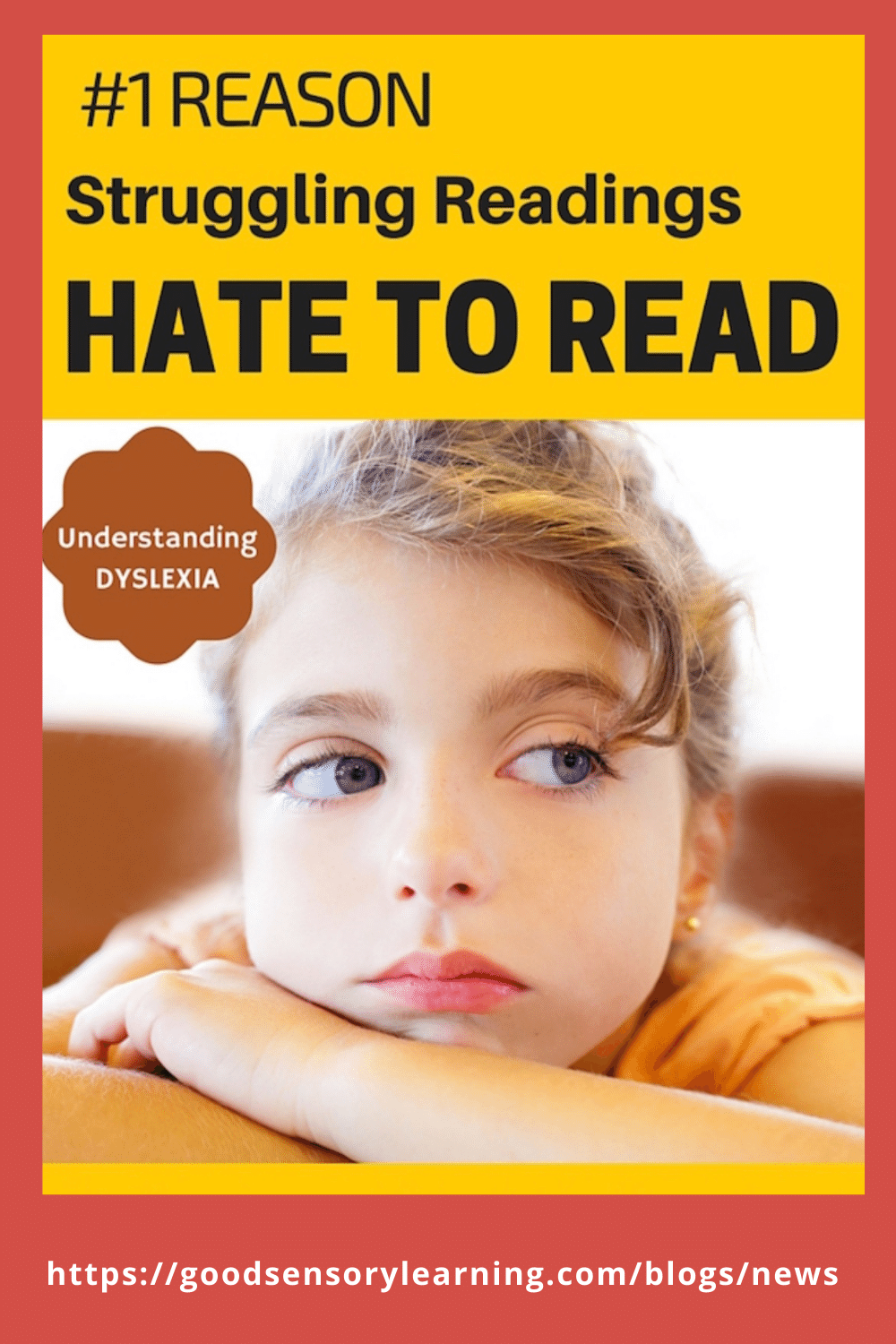Nurturing Lifetime Success for Students with Learning Disabilities
There are many successful adults with learning disabilities, but what are the common traits that these people share? A 20-year research study by the Frostig Center in Pasadena, California answered this question, and they identified 6 key attributes that contribute to success.

The Six Key Attributes to Success for Adults with Learning Disabilities:
Self-Awareness:
Understanding one's strengths and weaknesses is a crucial indicator of success, as students can learn to utilize their strong abilities and, with the right support, address their deficits. One of the best ways to define difficulties and talents is by pursuing a comprehensive neuropsychological evaluation and then working with a learning specialist or educational therapist on remedial methods and compensatory learning strategies.
Proactivity:
Learning that we can control our future and that we can affect the outcome of our lives is another earmark of future success. Individuals who are proactive make and act upon decisions, assume responsibility for their actions, and are willing to consult with others and weigh options.
Pursuing goals with repeated persistence despite difficulties is also a common characteristic of successful individuals with learning disabilities. These individuals are resilient, motivated by challenge, and continue to refine their approach until they reach their objective.
Goal Setting:
Setting attainable yet flexible goals is another key trait for success. These goals cut across education, employment, family, and personal development and often include a well-organized and planned approach.
Support Systems:
Supporting, guiding, and encouraging family members, friends, mentors, teachers, therapists, and co-workers are also important indicators of success for individuals with learning disabilities. Yet, as these individuals move into adulthood, they often reduce their dependence on others and usually switch roles to help others in need.
Emotional Coping Strategies:
Learning to manage disability-related stress and frustration, as well as avoiding triggers, is a final strategy for success. In particular, there appear to be three components of successful emotional coping:
- Awareness of the situations that trigger stress
- Recognition of developing stress
- Use of coping strategies that include
- seeking counseling
- asking for help and self-advocating
- switching activities to manage stress
- expressing feelings
- asserting oneself
- utilizing peer support and encouragement
- learning to ask for help
- planning for difficult situations
- avoiding negative or critical people
- obtaining medication - if necessary
- working through differences with friends and family
- sharing with sympathetic friends and family
Clearly, one of the best things we can do for students with learning disabilities is to provide a nurturing support system and mindful discussions that will help them develop these key attributes that lead to success. If you would like to acquire some mindful task cards to help with the process, CLICK HERE.
Cheers, Erica
Dr. Erica Warren is the author, illustrator, and publisher of multisensory educational materials at Good Sensory Learning. She is also the director of Learning to Learn and Learning Specialist Courses.
- Blog: https://goodsensorylearning.com/blogs/news
- YouTube Channel: https://www.youtube.com/user/warrenerica1
- Executive Function Podcast: https://goodsensorylearning.com/pages/the-personal-brain-trainer-podcast-with-dr-erica-warren
- Store: http://www.Goodsensorylearning.com/
- Courses: http://www.learningspecialistcourses.com/
- Newsletter Sign-up: https://good-sensory-learning.kit.com/drericawarren





Leave a comment
This site is protected by hCaptcha and the hCaptcha Privacy Policy and Terms of Service apply.